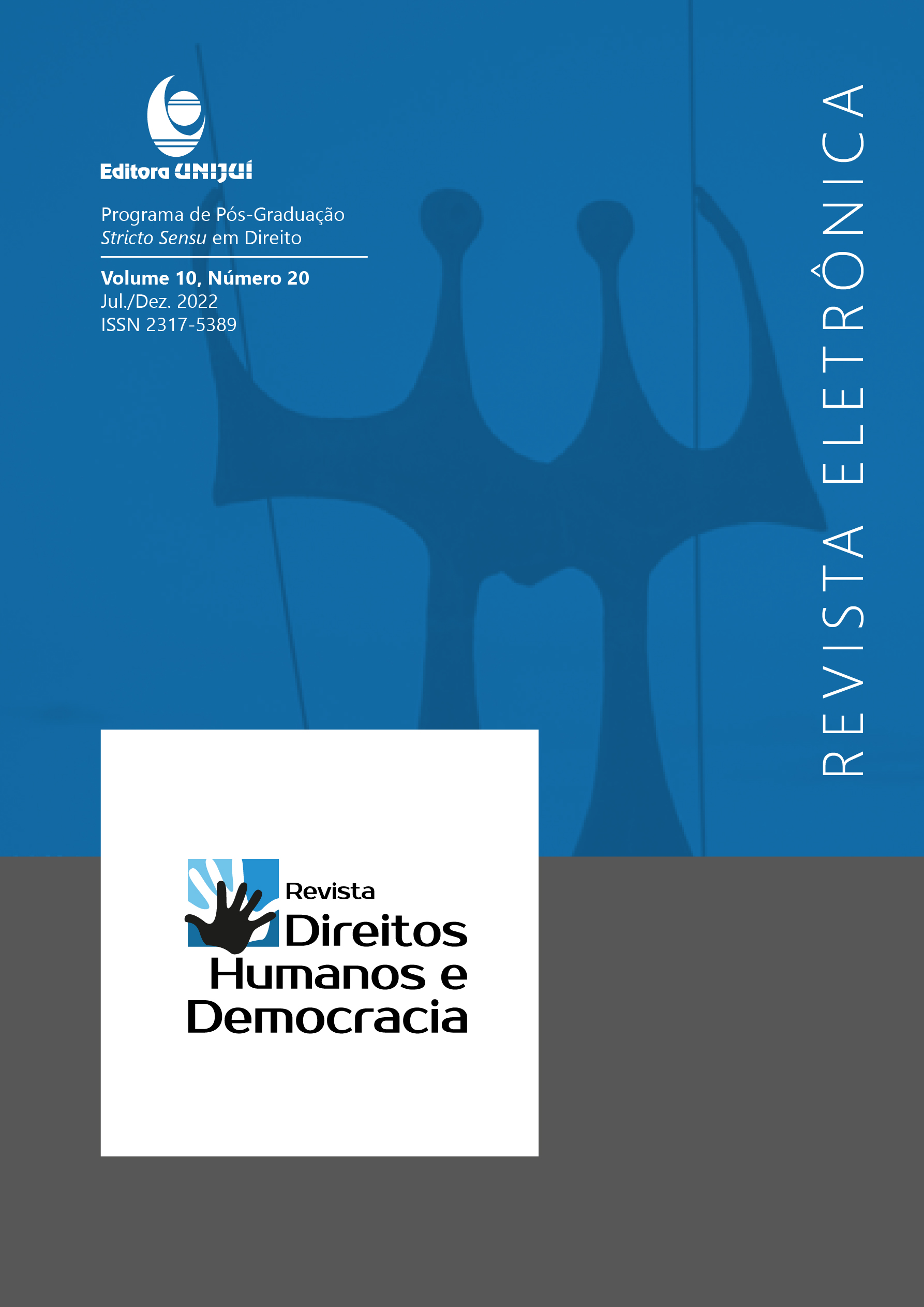The role of Brazilian Companies in combating racism
DOI:
https://doi.org/10.21527/2317-5389.2022.20.12951Keywords:
Racismo. Instituição privadaAbstract
This article aims to analyze the role of private companies in combating institutional racism. Therefore, it starts with a review of the bibliography on racism, based on works by black Brazilian authors who discuss the theme. Statistical data and legal notes permeate the discussion. Initially, the work analyzes racism in Brazilian society, identifying its historical roots, its purpose of maintaining the racist hierarchy and its manifestations in the institutions and structures of Brazilian society. In a second moment, affirmative actions are analyzed, through the identification of their justifications and the removal of contrary arguments, such as reverse racism and meritocracy. After verifying Brazilian society as racist and identifying the importance of affirmative action, the work identifies the need for action by private companies in combating institutional racism. The constitutional text identifies the legal foundations for companies' actions to combat racism, given the effectiveness of human rights among society and the social function of property.
Downloads
Published
How to Cite
Issue
Section
License
Copyright (c) 2022 Revista Direitos Humanos e Democracia

This work is licensed under a Creative Commons Attribution 4.0 International License.
By publishing in the Revista Direitos Humanos e Democracia, authors agree to the following terms:
Articles are licensed under the Creative Commons Atribuição 4.0 Internacional (CC BY 4.0), which allows:
Share — copy and redistribute the material in any medium or format;
Adapt — remix, transform, and build upon the material for any purpose, including commercial use.
These permissions are irrevocable, provided the following terms are respected:
Attribution — authors must be properly credited, with a link to the license and indication of any modifications made;
No additional restrictions — no legal or technological measures may be applied that restrict the use permitted by the license.
Notices:
The license does not apply to elements in the public domain or covered by legal exceptions.
The license does not grant all rights required for specific uses (e.g., image rights, privacy, or moral rights).
The journal is not responsible for opinions expressed in the articles, which remain the sole responsibility of the authors. The Editor, with the support of the Editorial Committee, reserves the right to suggest or request modifications when necessary.
Only original scientific articles presenting research results of interest, not previously published or simultaneously submitted to another journal with the same purpose, will be accepted.
References to trademarks or specific products are intended solely for identification purposes and do not imply any promotional endorsement by the authors or the journal.
License Agreement: Authors retain copyright over their articles and grant the Revista Direitos Humanos e Democracia the right of first publication.













